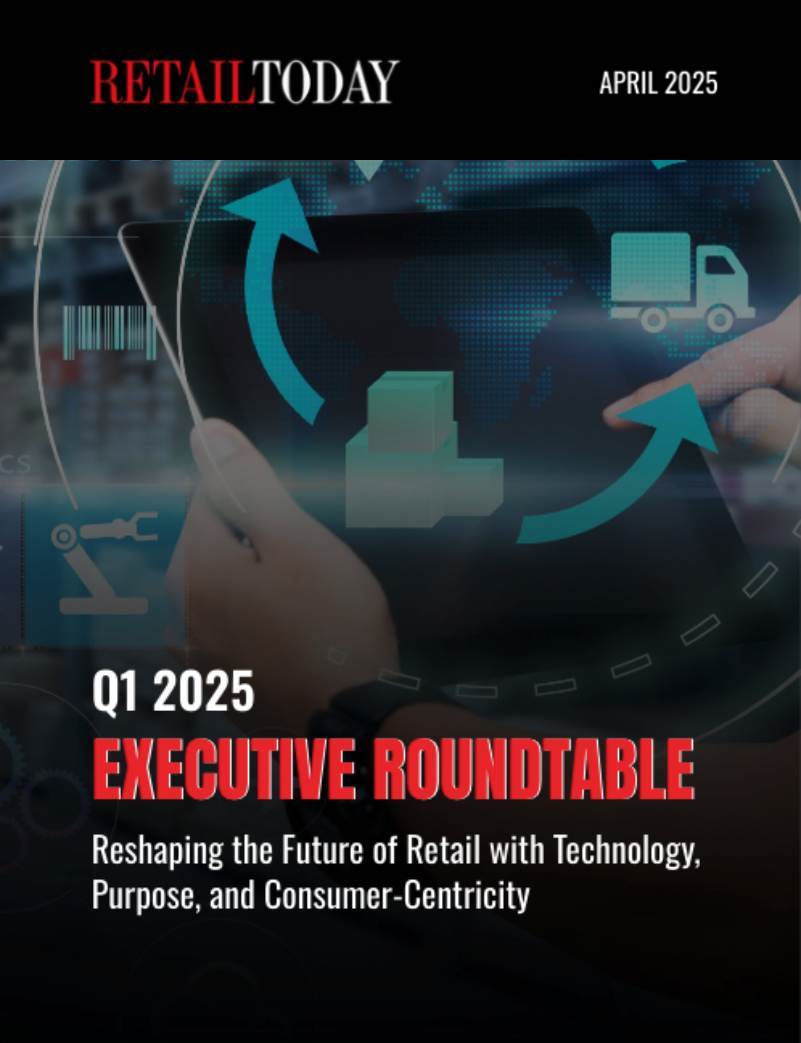
As we step into 2024, the international retail trade landscape is undergoing profound transformations, shaped by a convergence of technological breakthroughs, shifting consumer behaviors, and the persistent effects of global events. The situation in 2024 reflects a continued evolution from previous years, presenting both challenges and opportunities for retailers worldwide.
On the technological front, innovations like artificial intelligence, data analytics, and the Internet of Things (IoT) are revolutionizing the way retailers operate. These technologies enhance supply chain efficiency, personalize customer experiences, and optimize inventory management. Retailers who embrace these advancements gain a competitive edge in the international arena, streamlining their operations and meeting the demands of the tech-savvy consumer base.
The aftermath of the global events that unfolded in the preceding years and months continues to create strife on international retail trade. Supply chain disruptions, which became pronounced during the height of the global uncertainties, have prompted retailers to prioritize resilience and diversification. The focus on regionalization and localized sourcing strategies has become more pronounced, enabling retailers to mitigate risks associated with geopolitical tensions and unforeseen disruptions.
A defining aspect of the current international retail trade situation is the impact of geopolitical tensions on supply chains. Trade wars and diplomatic conflicts have disrupted the flow of goods across borders, leading to increased uncertainty for retailers. Tariffs and trade barriers have forced companies to reassess their sourcing strategies, often resulting in a shift towards regionalization to minimize risks. This has not only altered the traditional patterns of global supply chains but has also prompted retailers to explore diversified sourcing options and invest in resilience.
E-commerce’s dominance, a trend observed in recent years, is solidified even further in 2024. The borderless nature of online retail has empowered consumers to explore and purchase products from around the world effortlessly. As a result, retailers are investing heavily in their digital presence, ensuring seamless online experiences, and leveraging data-driven insights to cater to the diverse preferences of a global customer base. The competition in the digital space is fierce, prompting retailers to innovate continually to capture the attention of tech-savvy consumers.
Ethical and sustainable practices have become non-negotiable for international retailers in 2024. Consumers are not merely looking for products; they are increasingly making purchasing decisions based on a brand’s commitment to social and environmental responsibility. Retailers are responding by integrating sustainable sourcing, eco-friendly materials, and transparent supply chain practices into their operations. This shift reflects a deeper understanding of the evolving consumer mindset and a recognition that ethical retail is not just a trend but a fundamental expectation.
In conclusion, the international retail trade situation in 2024 is characterized by a fusion of technology, resilience, and ethical considerations. Retailers navigating this landscape successfully are those embracing cutting-edge technologies, fortifying their supply chains, and aligning with the ethical and sustainable expectations of their global customer base. As the world continues to evolve, international retail trade remains at the forefront of economic and societal change, driving innovation and shaping the way we experience commerce on a global scale.
Ken joined Gemini in 2015 as Chief Operating Officer became President in 2020. Ken is the founding President of bigboxSMALLBOX, an analytics consulting and SaaS firm engaged in providing companies with innovative ways to leverage their data assets to improve performance. Prior to founding bigboxSMALLBOX Ken spent 21 years in the liner shipping industry with APL and Hapag Lloyd. He held various senior Trade Management and Operations roles including managing APL’s $3 billion Pacific P&L as Senior Vice President of the Transpacific Trade. Ken received his Bachelor of Science degree in Maritime Administration from Texas A&M and has a Master of Science degree in Business Analytics from the Leonard N. Stern School of Business at New York University. Ken is the President of the Board of Directors of the NJ-211 Partnership. He also serves on the National Shippers Advisory Council and is a member of the U.S. Department of Transportation’s FLOW initiative.






